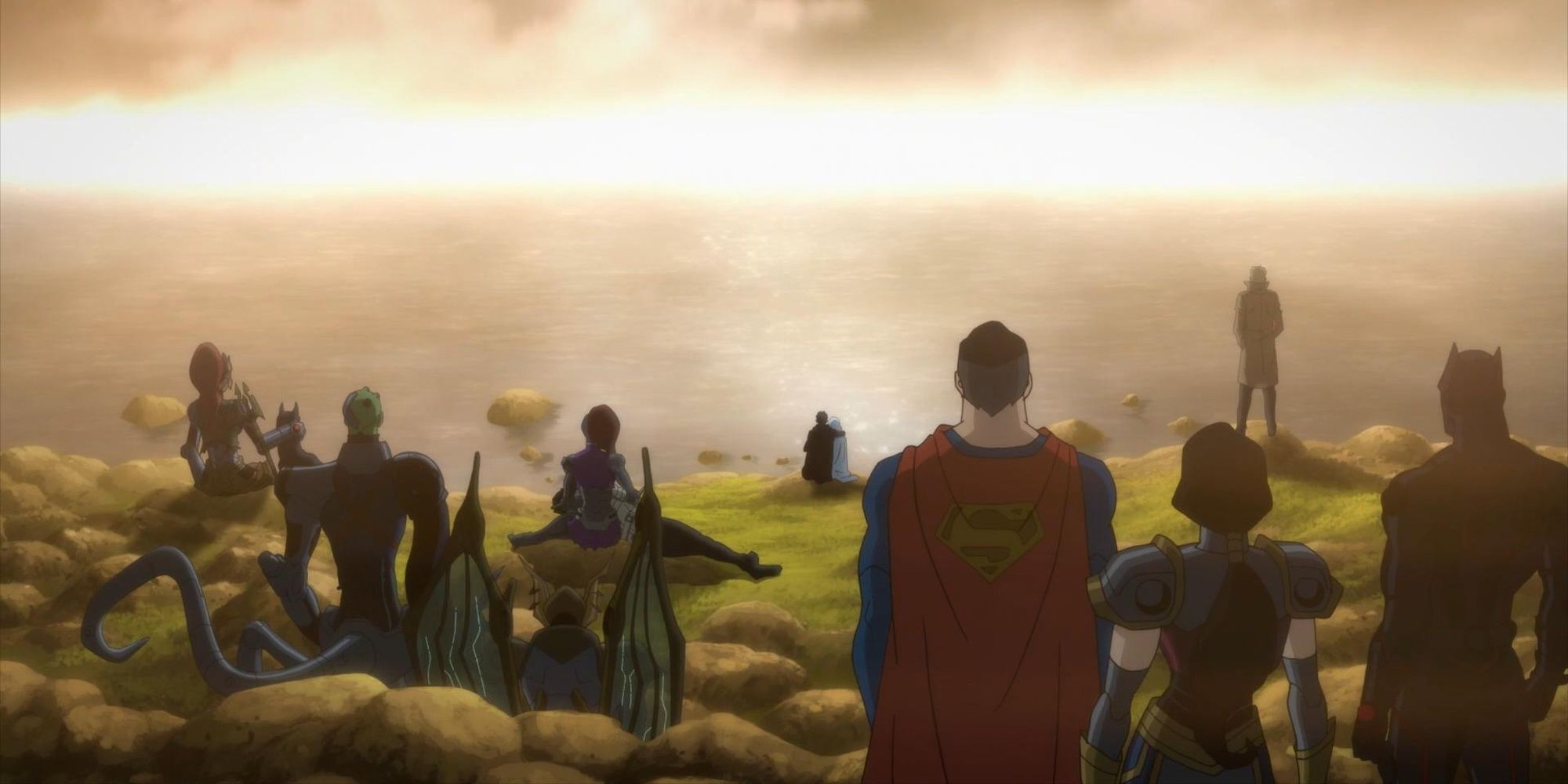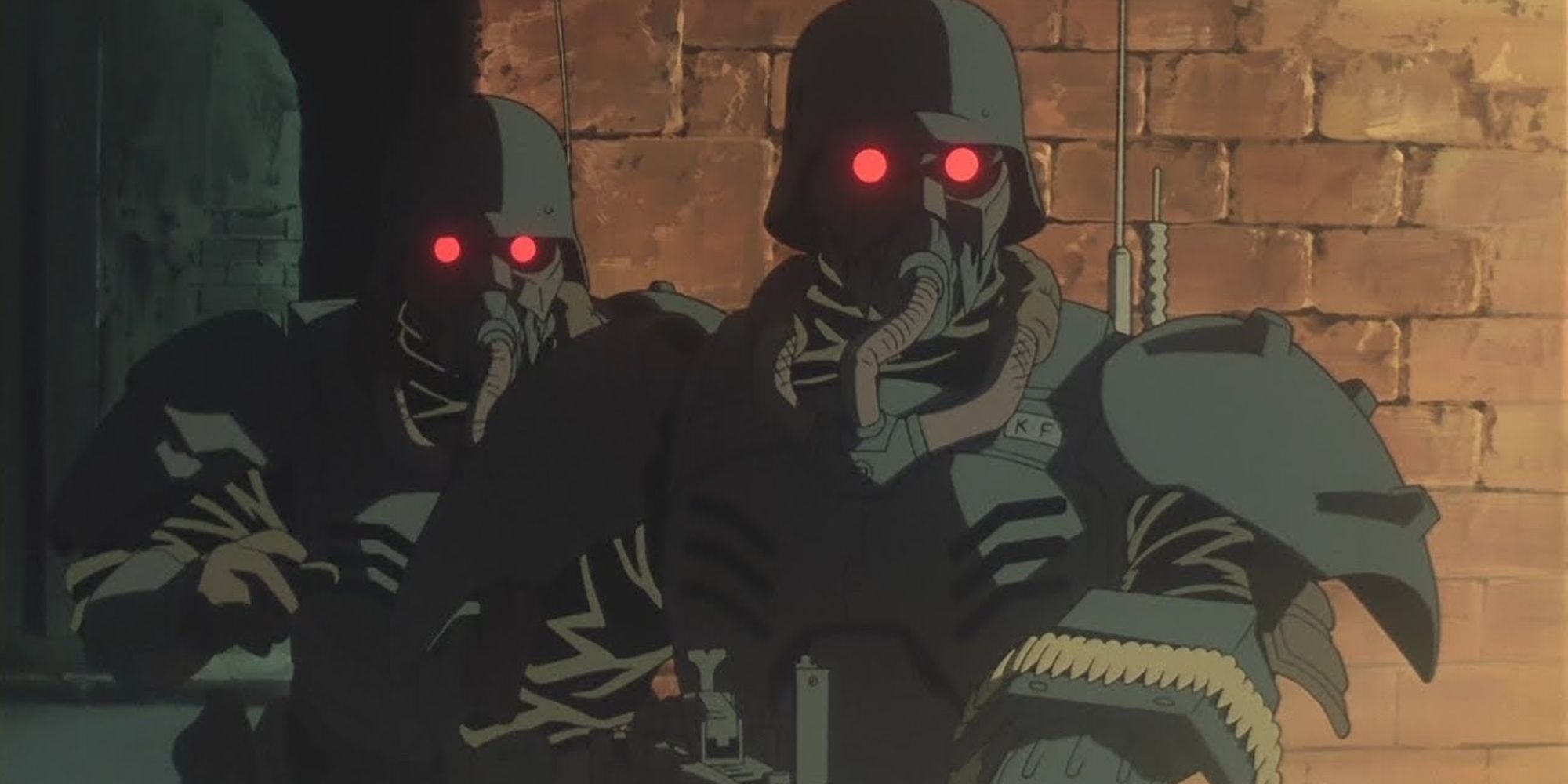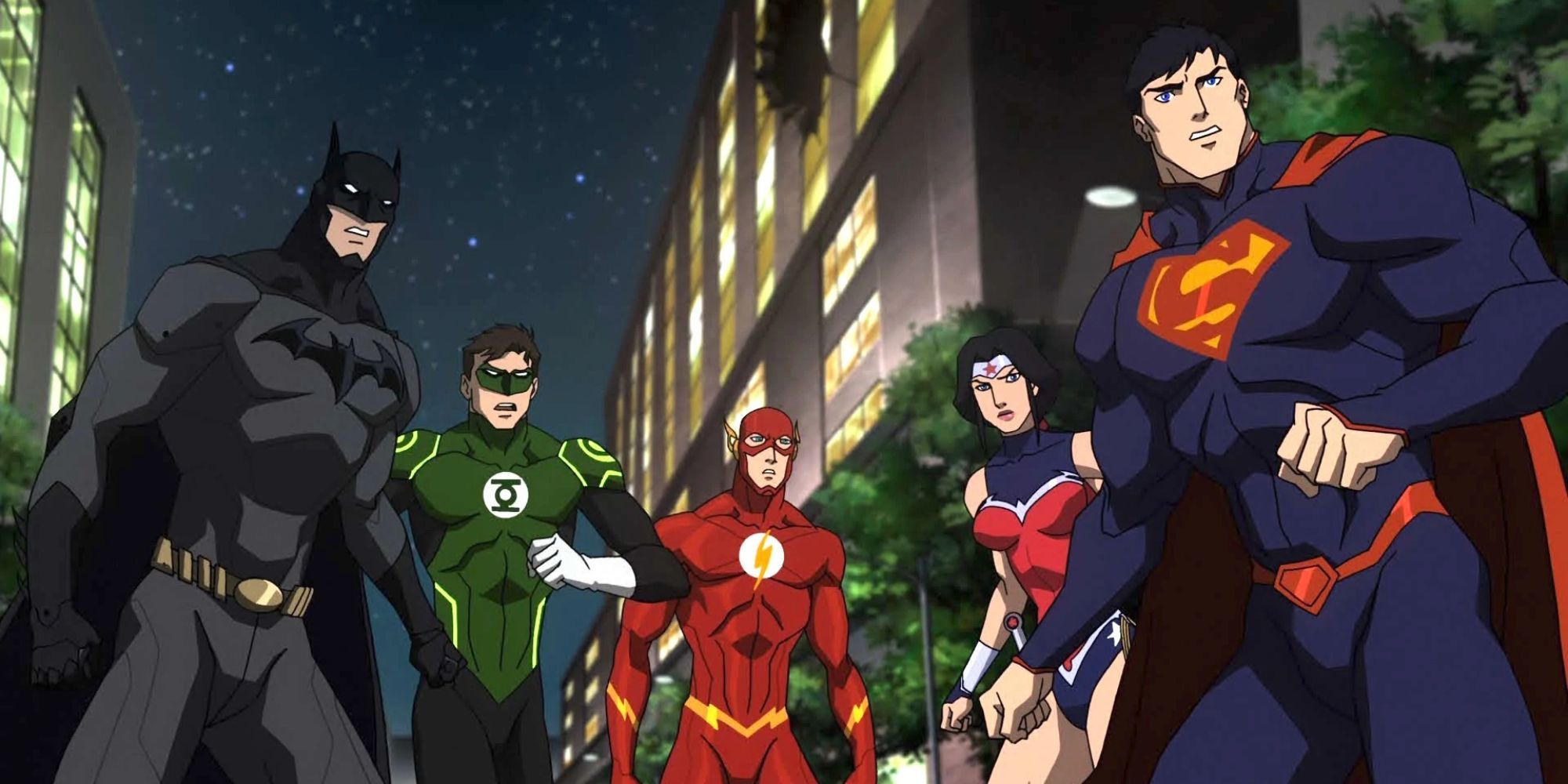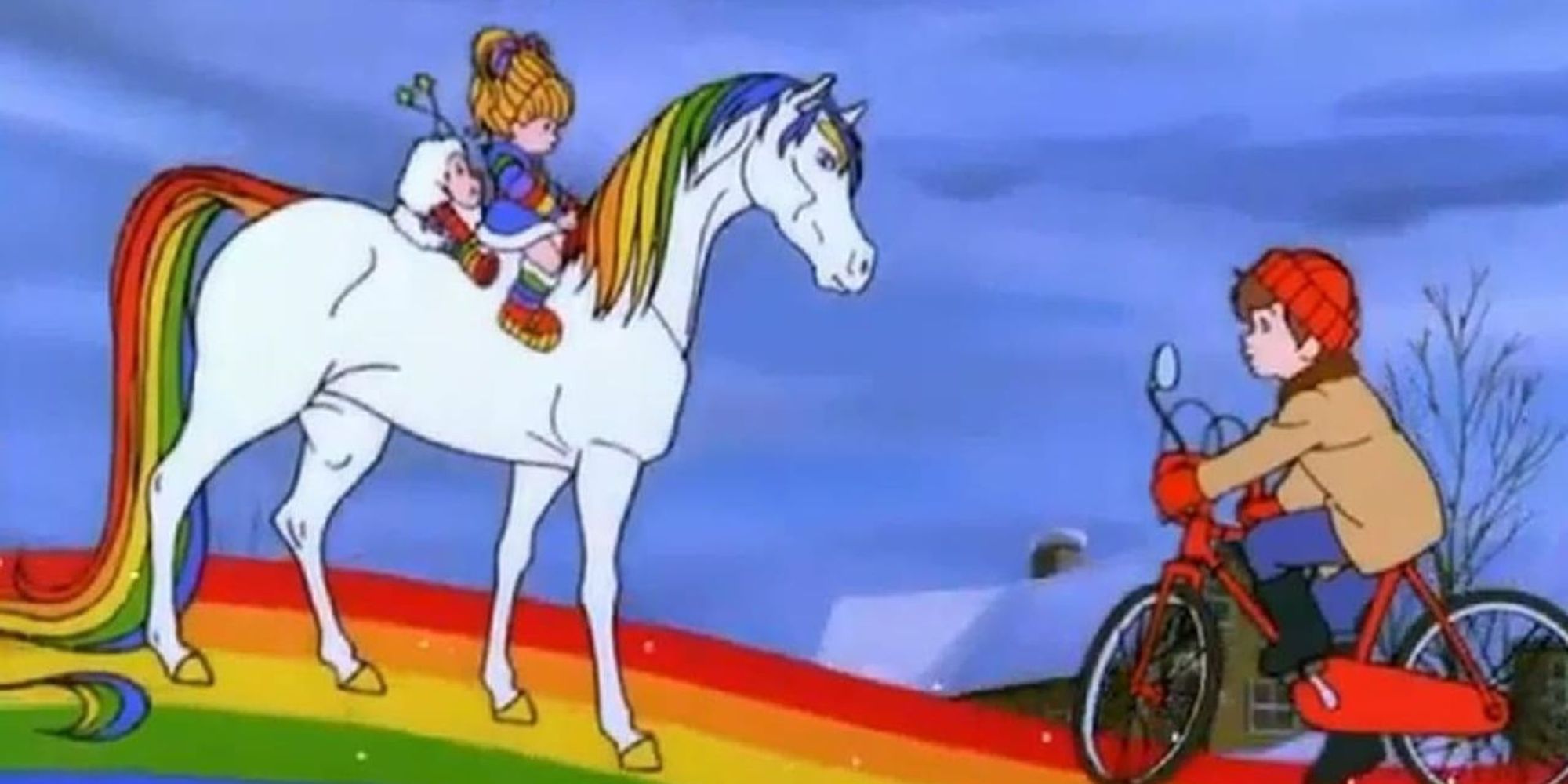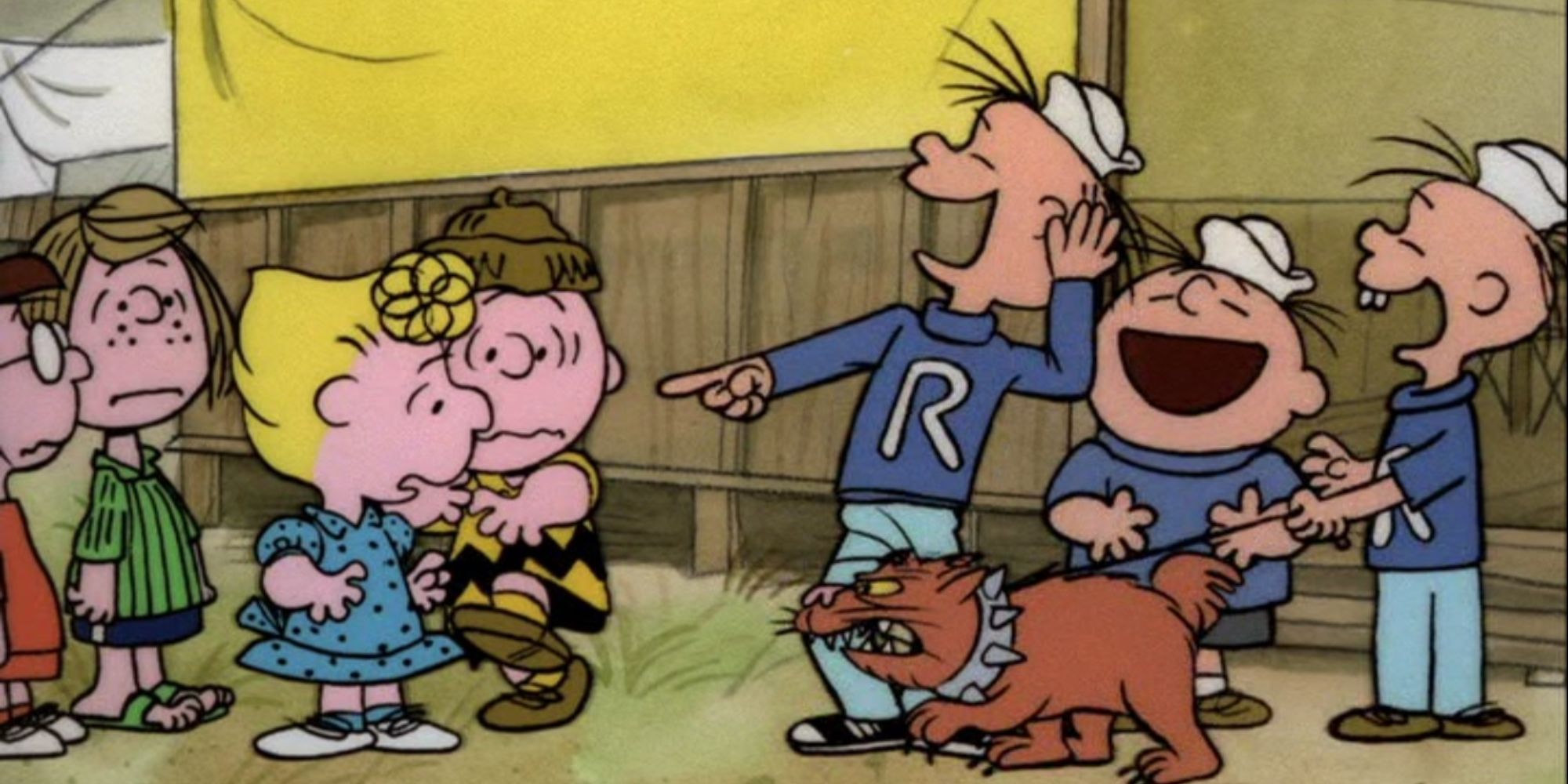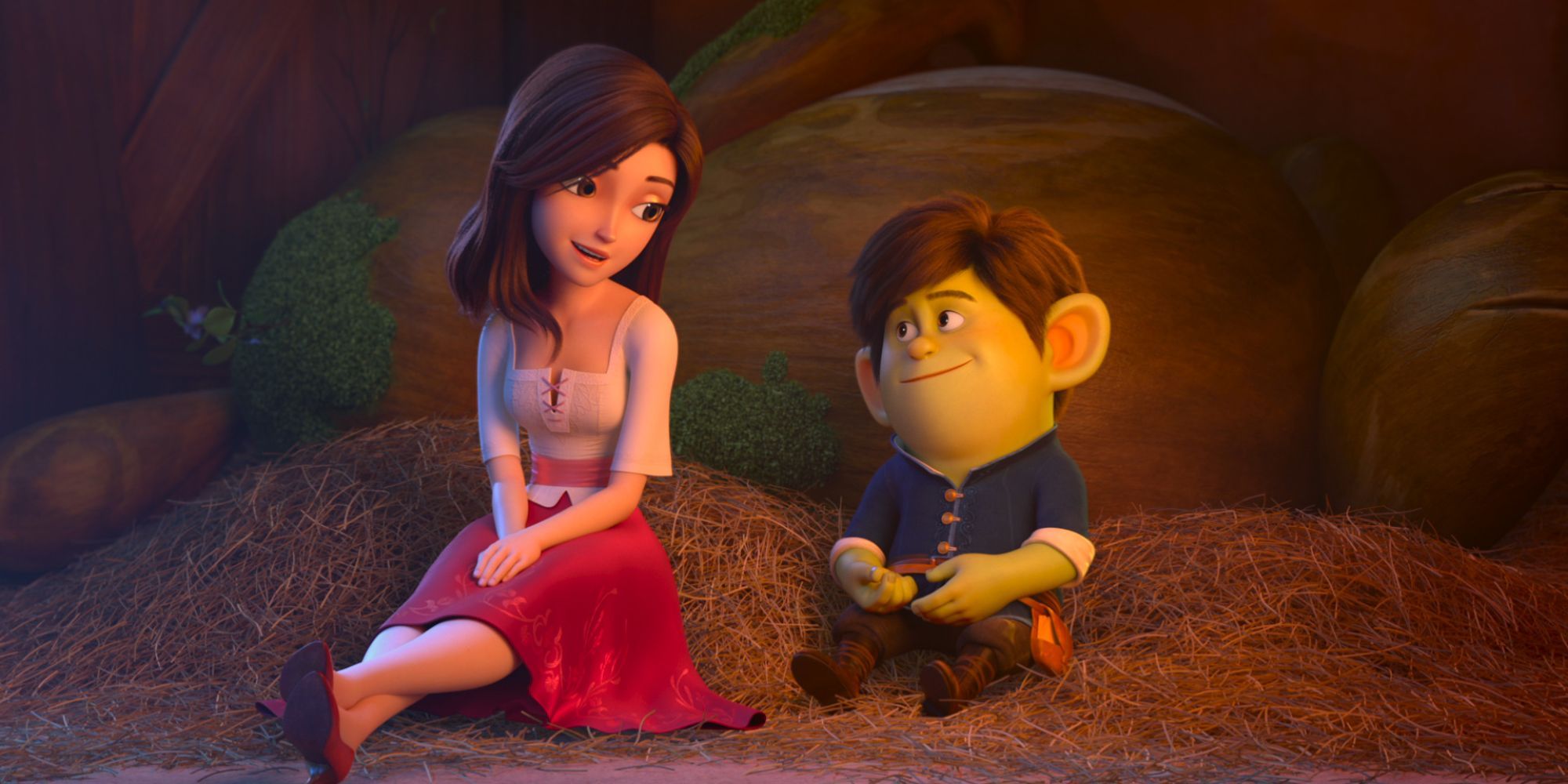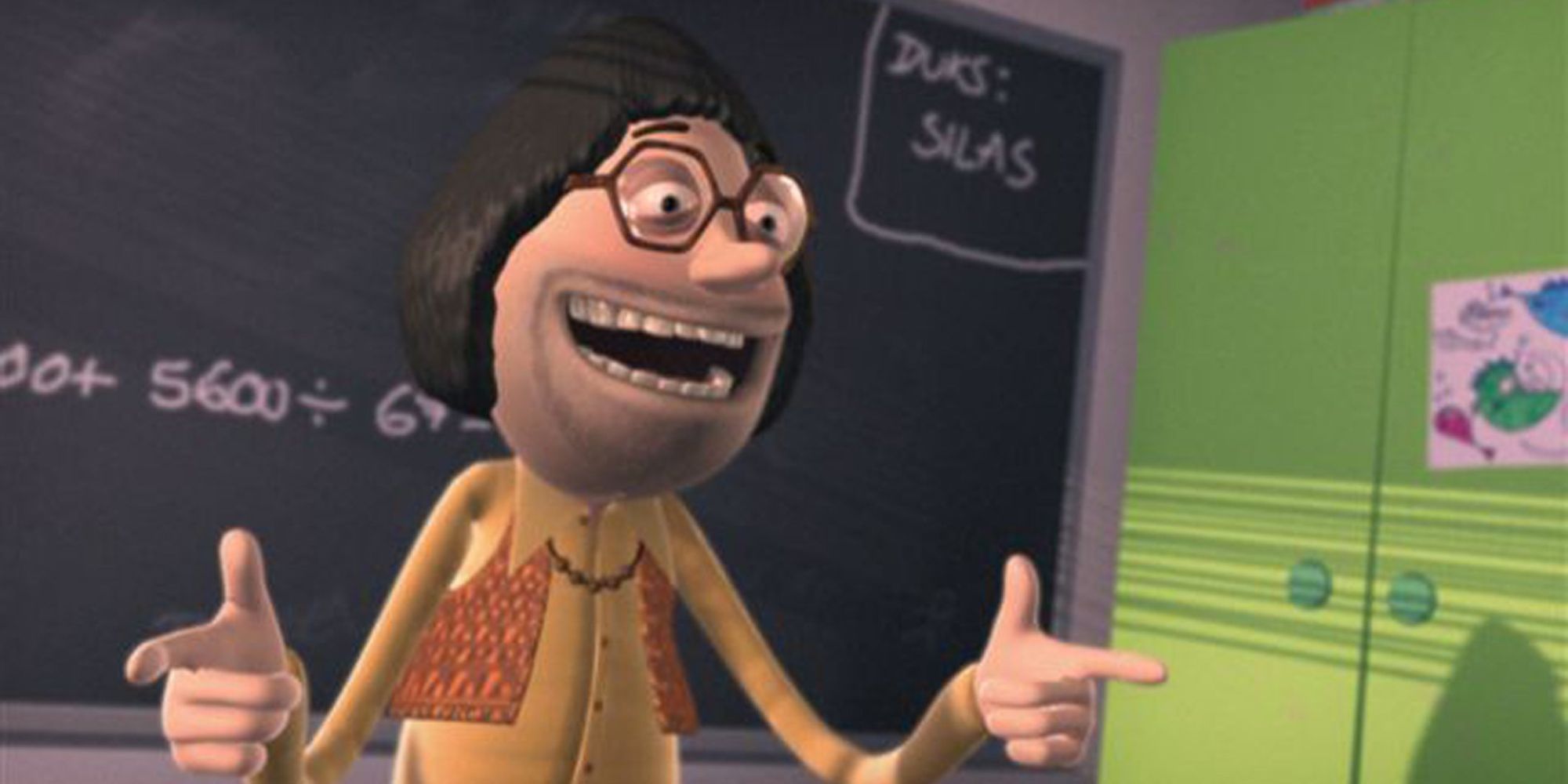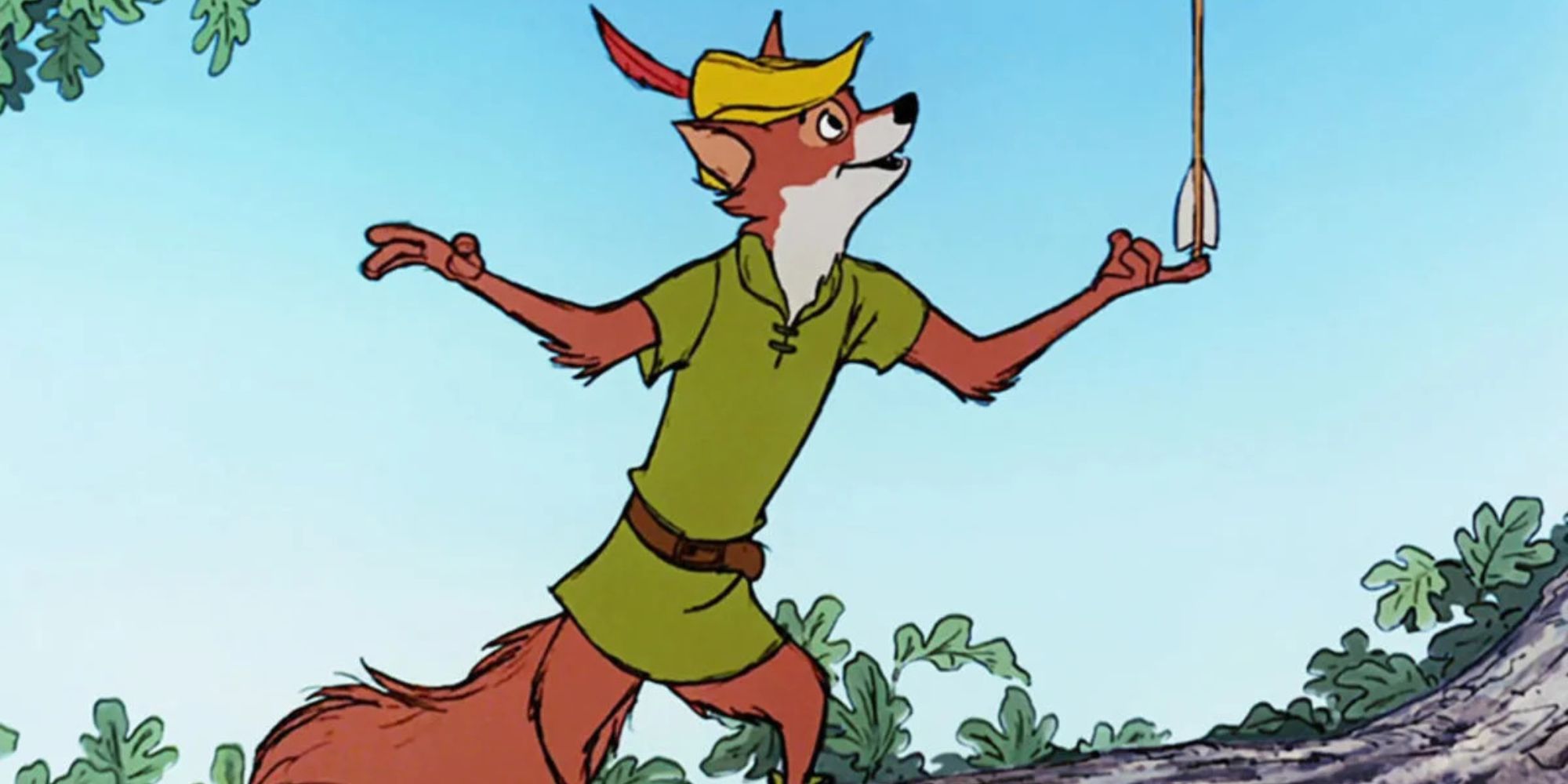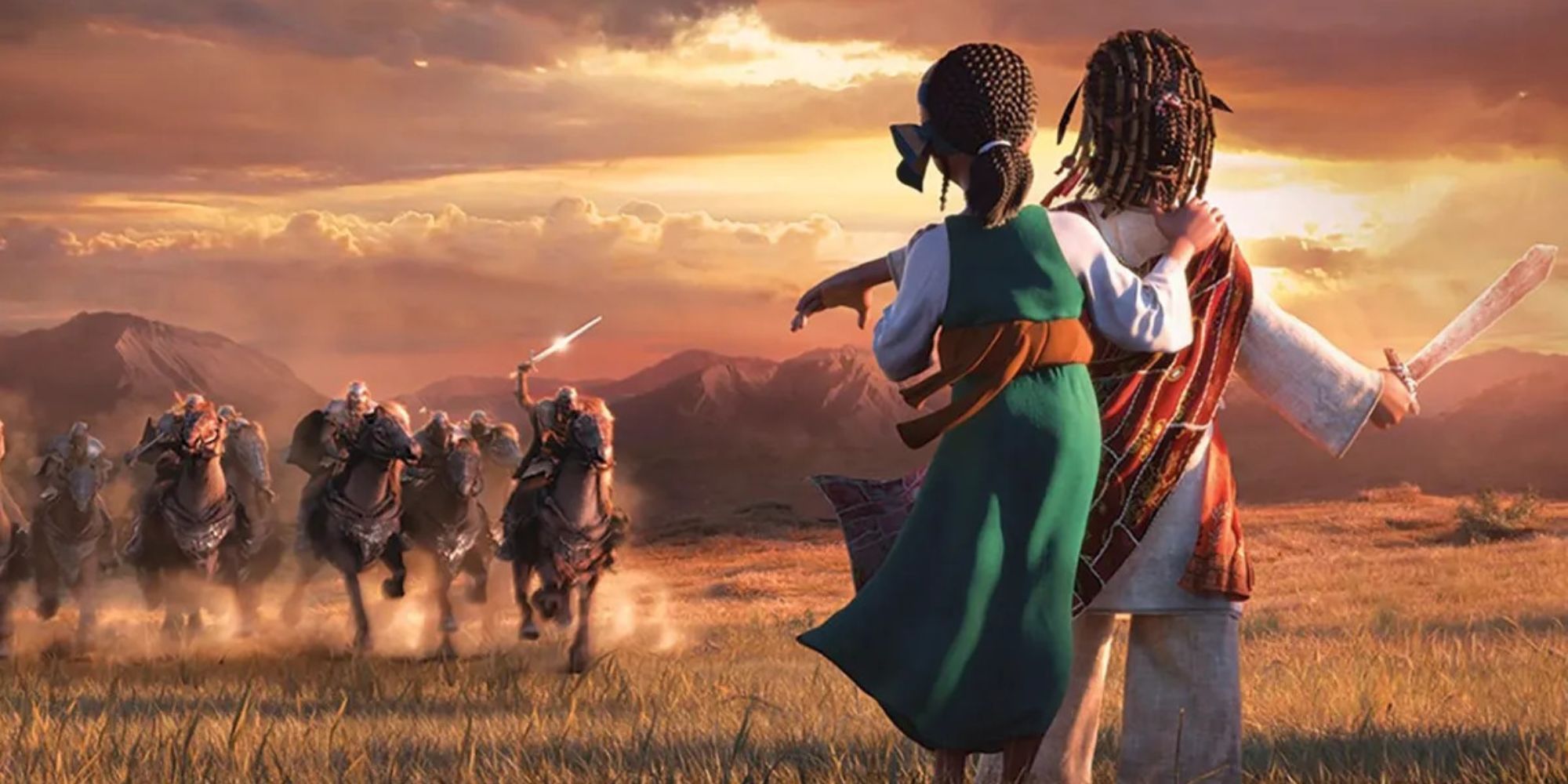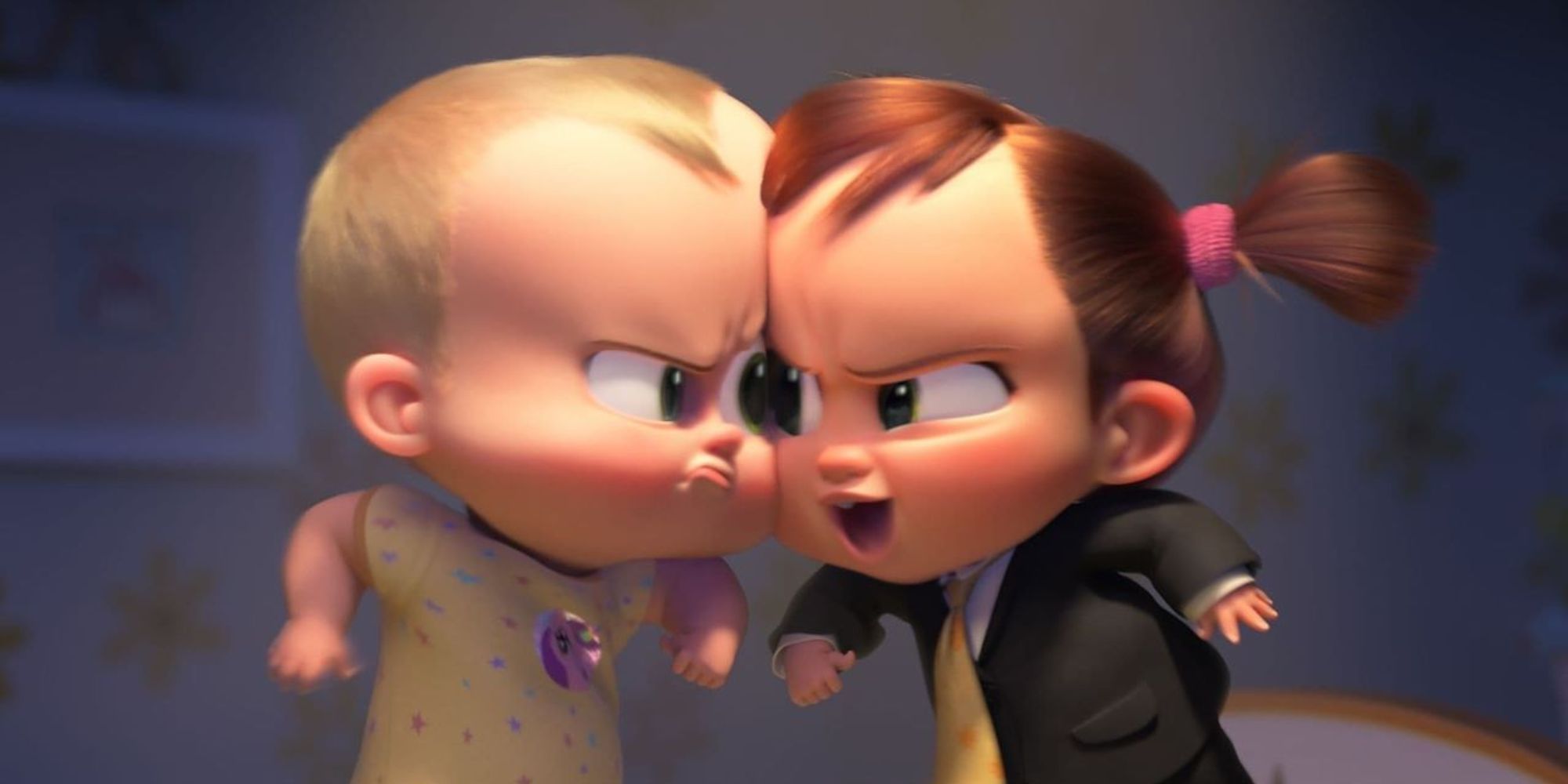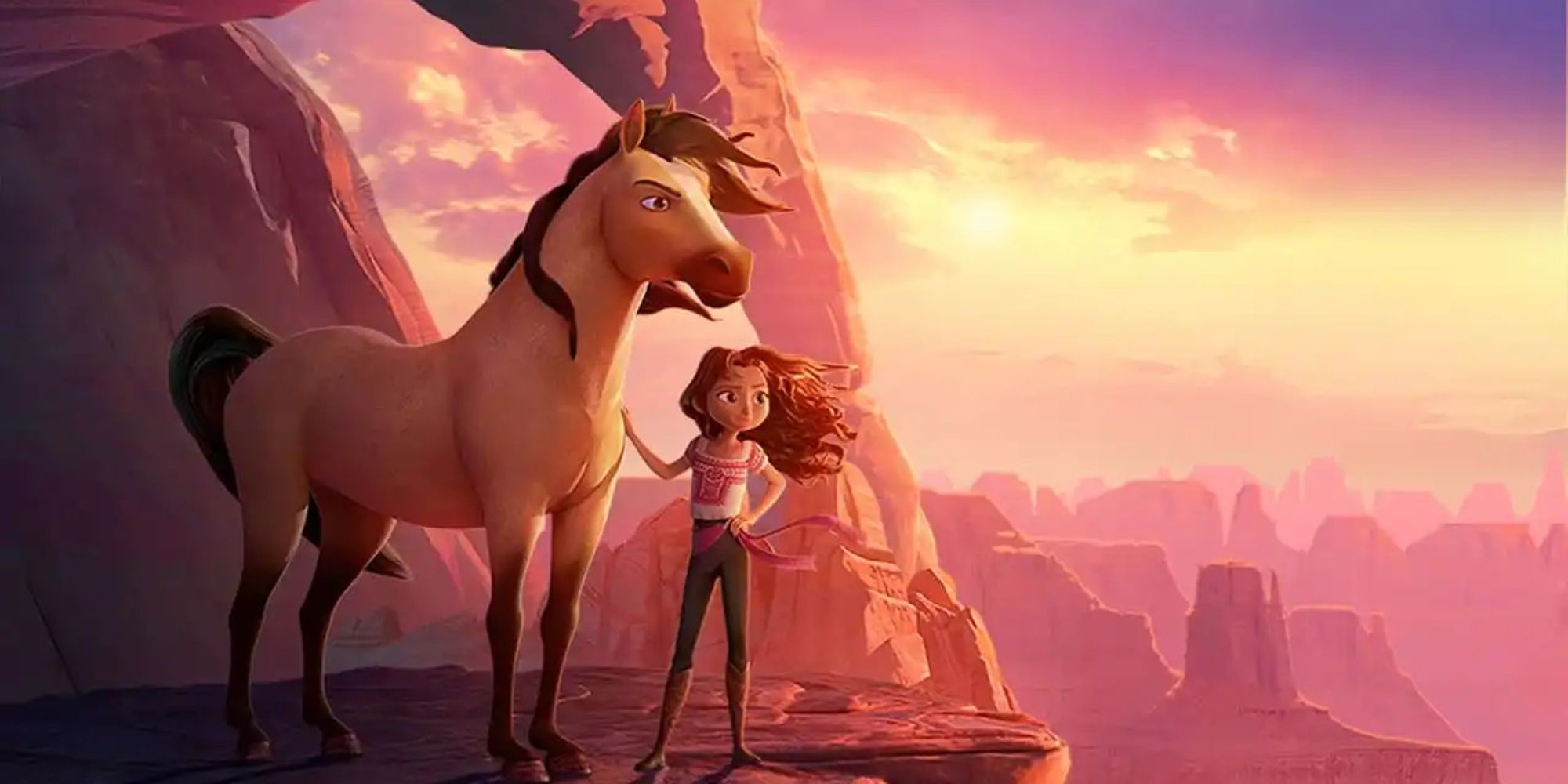It goes without saying that film, like any art form, is subjective. A work of art to one person might be terrible to another. Despite this subjectiveness, film critics tend to have a different interpretation of films compared to general audiences, mainly because of the technical aspects of a film that come into play.
Because of this, there is often some sort of discrepancy between how audiences receive a film and how audiences do. Occasionally, however, there is a massive difference between the two—especially when it comes to animated films. Some of these gaps between audiences and critics are nothing short of notable.
‘Jin-Roh: The Wolf Brigade’ (1999)
The 1999 Japanese action thriller anime, titled Jin-Roh: The Wolf Brigade, is set during 1950s Japanese riots in an alternate history. The film follows a police officer known as Kazuki Fuse (Yoshikatsu Fujiki) as he witnesses a suicide and is sent back to training camp to be re-evaluated. He then forms an odd relationship with the sister of the deceased.
The film received some positive reviews, with Hyper, an Australian video game magazine at the time, commending the film for its "art direction and character design," noting them as beautiful examples of hand-drawn animation. Regardless, the slow pace of the film is regularly criticized. The film has a 78% Audience Score on Rotten Tomatoes, drastically dropping to 55% on the Tomatometer.
‘Justice League: War’ (2014)
With DC Comics regularly releasing a mix of animated and real-life content, Justice League: War is the animated extravaganza detailing the DC Comics superhero team, the Justice League. It follows a number of abductions taking place in Gotham City, with significant names like Alan Tudyk, Michelle Monaghan, and Shemar Moore starring in leading roles.
The film was criticized by critics mainly for failing to reach the standard set by previous DC Animated Movies, as well as a "dry" plotline that didn't captivate viewers. The film holds a decent 79% Audience Score on Rotten Tomatoes but falls short of impressing the critics in the same way—with a 57% Tomatometer score.
‘Rainbow Brite and the Star Stealer’ (1985)
Produced by Hallmark Cards, the animated fantasy film Rainbow Brite and the Star Stealer follows the greeting card character, Rainbow Brite (Bettina), trying to bring spring to an Earth that faces a perpetual winter. Our protagonist must stop an evil princess who wants to possess a planet-sized diamond and keep Earth in winter all year round.
The film wasn’t screened in advance for critics, which may have worsened its reception among them. The New York Times, among others, defines the movie as a "marketing tool" and "incompetently crafted." While garnering an above-average 79% Audience Score on Rotten Tomatoes, the film has a shockingly low 0% on the Tomatometer.
‘Race for Your Life, Charlie Brown!’ (1977)
Produced by Paramount Pictures, Race For Your Life, Charlie Brown! is a 1977 film based on the Peanuts comic strip. The film follows the Peanuts gang heading off to camp, facing an array of bullies, and adjusting to camp life, culminating in a final raft race where Charlie Brown learns the important lessons of confidence, assertiveness, and self-belief.
The film didn’t fare well with critics, with claims of a "rambling plot," a "wearing experience," and "lacking punch," among others. Race For Your Life, Charlie Brown! holds a respectable 80% Audience Score on Rotten Tomatoes but a significantly lower 50% Tomatometer Score.
‘Red Shoes and the Seven Dwarfs’ (2019)
Known in Korean as simply Red Shoes, Red Shoes and the Seven Dwarfs is a 2019 South Korean animated film featuring the voices of big celebrity names like Chloë Grace Moretz, Sam Claflin, and Gina Gershon. The film follows Snow White as she stumbles upon a pair of red shoes, later meeting seven cursed dwarfs who seek her help in getting them returned to their original form.
Critics of the film weren’t big fans, and there was especially uproar surrounding the marketing and overall messaging of the film, which many claimed was fat shaming and unappealing. This wasn’t enough to influence the audience's perception of the film, as it holds an 80% Audience Score on Rotten Tomatoes. The Tomatometer Score, however, didn't face the same fate, with a lowly 40% Critic Score.
‘The Trouble With Terkel’ (2004)
Originally released in Europe, The Trouble With Terkel is an adult-animated comedy film starring Anders Matthesen, who voices almost all the characters in the film. The film follows 6th grader Terkel (voiced by Matthesen), who is faced with a flood of bad luck after sitting on a black spider.
The film didn’t fare well with critics, as claims such as the film "being painfully outdated" and "lacking any shock value" were frequently being made. Audiences, however, were fans, with an 80% Audience Score on Rotten Tomatoes. The Tomatometer sits on a solid but lowly 40%.
‘Robin Hood’ (1973)
The 1973 animated adventure musical comedy film, Robin Hood, was based on the English folk tale of the same name, and the characters were reworked to be anthropomorphic animals. The story follows the shenanigans of Robin Hood, Little John, and all the inhabitants of Nottingham as they fight against excessive taxes put into place by Prince John.
At first, the film received positive reviews and an Academy Award nomination for Best Song. As time went on, however, reviews have become less favorable, with comments such as "nincompoop dialog and "only mildly diverting" being mentioned. With a 55% Tomatometer Score, the film still did well with audiences - holding a strong 81% Audience Score on Rotten Tomatoes.
‘Bilal: A New Breed of Hero’ (2015)
A film depicting the life of Bilal ibn Rabah, who fought to be freed from slavery in 632 AD, comes Bilal: A New Breed of Hero. Released in 2015, the film won "Best Inspiring Movie" on Animation Day at the 2016 Cannes Film Festival and "Best Innovative Movie" at the BroadCast Pro Middle East Award in 2016.
The film may have done better abroad, but not so much on Rotten Tomatoes, with a Tomatometer Score of 59%. Despite this, audiences clearly favored the uplifting and motivating themes of the film, with a much higher 85% Audience Score on Rotten Tomatoes.
‘The Boss Baby: Family Business’ (2021)
A sequel to the better-known The Boss Baby, The Boss Baby: Family Business stars largely the same cast, following the storyline of the now-adult Templeton brothers, who are since brought back together to stop a professor from erasing childhoods globally. Because of the COVID-19 pandemic, all voice acting for the film was completed remotely.
The film, according to critics, tried too hard to recreate the first movie’s story, character dynamics, and gags—and wasn’t successful in the endeavor. The film appears to be half-baked, with too many incomplete storylines to form a successful film. All of this led to a Tomatometer Score of 49%. Audiences, however, thought otherwise—with an impressive 89% Audience Score on Rotten Tomatoes.
‘Spirit Untamed’ (2021)
The 2021 computer-animated adventure film Spirit Untamed features an all-star cast such as Mckenna Grace, Julianne Moore, and Jake Gyllenhaal; the film follows a girl named Fortuna “Lucky” Prescott, who moves to the community of Miradero and meets the titular kiger mustang.
According to critics, the film may have been decent enough for younger viewers, but it was a weak sequel that lacks the energy suggested by its title. Further to this, the plot and characters both feel underdeveloped, all of which contribute to its low Tomatometer Score of 49%. Similar to the previous film, however, is its Audience Score of 89%—showing the audiences weren't in step with the critics.

